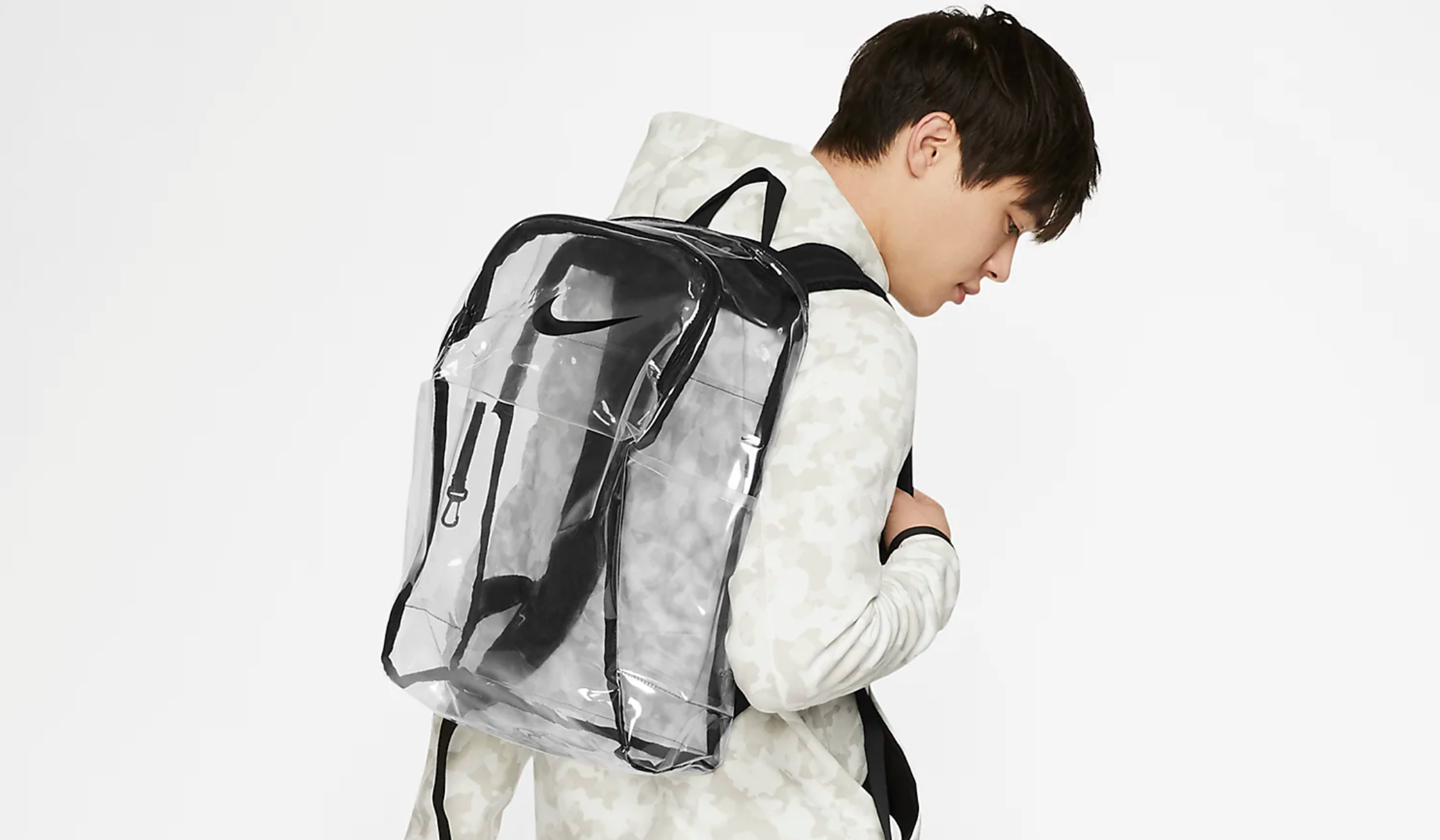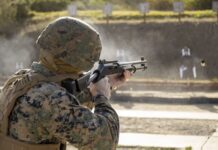
In a rather morbid case of semi-prophetic happenstance, USA Today penned and published this article relating the the attempt to balance school safety and security concerns with the rights and access of students, especially those with disabilities.
Protocols to stop mass school shootings are spreading. Are students’ right being violated?
On January 6th, a 6 y/o student described as being “acutely disabled” shot their teacher on a day they had deviated dramatically from the student’s care plan of direct parental involvement. The school’s failings in this case are catastrophic enough that there have been several staffing changes and the teacher is suing the school district for damages.
The methods put into place to try and prevent a repeat incident include things like, clear backpacks, metal detectors, two more resource officers, and so forth.
All procedures and devices that, if you’ll recall with me, the Parkland students grew very tired of very quickly. They considered it, rightly so, invasive and dehumanizing to be subject to search, need to have transparent bags to bring their items into the school, and pass through metal detectors, wanding, and if necessary be searched physically. Female students commented on the embarrassment of having items of a personal or hygienic nature visible for all to see, or their clothes and under garments visible if they needed to change for a practice or PhysEd class.
In short, they discovered that the measures used to harden a structure against the possibility of a future attack suck to deal with. They are intrusive, dehumanizing, treat everyone as a potential attacker, are often hands on, and have no regard for whatever personal level of privacy and dignity you would like to maintain.
Why?
Because they have to do that to be even remotely effective. Once you have taken the steps from passive, observant, and reactive security measures to active ones deviations from this invasion of personal privacy are ways through the screen. That’s how security works, it is a screen, a filter. It is designed to catch what presence, consequence, and morality do not deter.
‘Subject to search’ is a precarious thing, and it has been notably abused by authorities. It is imperfect at best.
But that is how security works. Sifting through the normal to try and catch the rare dangerous abnormality.
You balance these against the known factors,
- You can’t screen enough to close all avenues, period
- Even a temporary failure can result in a catastrophic breach
- You are actively irritating and violating the privacy of those you are trying to protect and this will annoy, unnerve, and anger them
- There will be mistakes
- There can be abuses by your screening staff that dramatically undermine your position
- The larger the staff and the more limited your budget for compensation and paying professionals, the more likely an incident occurs at some point
So when we look at what a prudent, yet respectful, level of security and screening are stacked against the rights of students to participate in a publicly funded learning environment, especially if they have learning or physical difficulties, it is a volatile and complex equation. You are pushing the rights of dozens, hundreds, even thousands of people into a small space. You are, as a school, simultaneously responsible for several things for all of these people, their safety and their educational experience being high on that list. Those two items will come into conflict. Students and staff will come into conflict, making for situations where a judgement call must be made and someone will lose. Someone will be put off or denied, someone or everyone’s privacy will suffer, there will be aggrieved parties, and rightly or wrongly they will resent you for that call that had to be made.
This is how security works. It’s juggling volatile chemicals, but the chemicals all have a mind of their own too. Make a tiny mistake, get a small burn. Probably no biggie, but it was a close call. That’s scary, some of the chemicals think it was scary too and might demand you juggle differently. That juggling might be ten times harder or make the juggling entirely ineffective at preventing spills, drops, and burns, but it makes the chemicals feel better about being juggled.
Make a big mistake, miss a catch, or stumble, or be distracted too long and it drops and explodes. People die.
That is security.
Benjamin Franklin was not being hyperbolic by saying trading freedom for safety results in neither, that’s just the reality of the diminishing returns of safety and security efforts.



